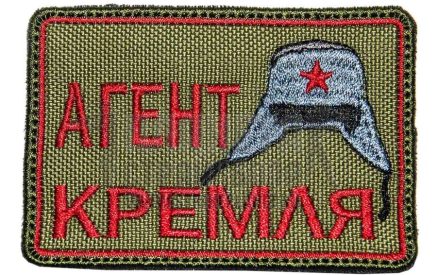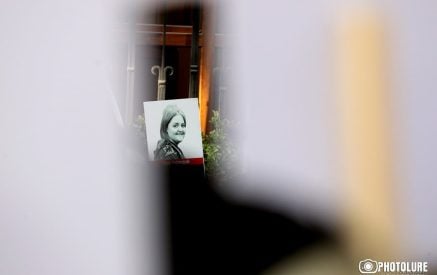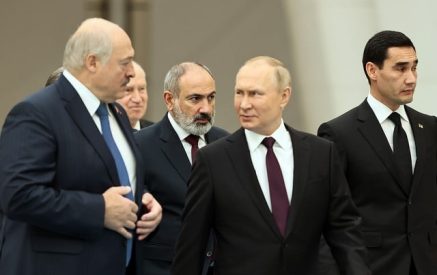It is common around the world that states, governments and political forces spread a part of their messages through official reports and statements and the other part through special people or organizations that can be unofficial, but what they say should unambiguously be perceived as the opinion of the given force. E.g., the International Crisis Group is legally only a research organization, but the West’s opinion is reflected more openly and transparently in the reports of that group, e.g., on the Nagorno-Karabakh conflict. If you want to know what the Russian government thinks, listen not to Putin or Medvedev, but Zhirinovsky, because the first two should be more solid and restrained ex officio and Volfovich must not keep his mouth shut and can say what he wants without looking for definitions in his speech. Let’s say, when he states that all big businessmen are frauds and they should put into jail, it can be “translated” as, “I, Putin, warn you, businessmen, that I will jail you, if you don’t submit to me.”
It is the same story inArmenia. The opposition in its “official” manifestations is “restrained,” gives appropriate political assessments, but it communicates what is “in its heart” through its mass media, websites, social networks and blogs. However, in this case, employment of the same technology by the ruling parties is much more interesting. If you want to know whom the Republican Party of Armenia (RPA) and the Prosperous Armenia Party (PAP) perceive as their rival in the upcoming parliamentary election, listen to Artashes Geghamyan, Armen Ashotyan, on the one side, and Hmayak Hovhannisyan and Vahe Enfiajyan, on the other. Do those coalition partners express their disagreement with the opinions of the Armenian National Congress (ANC), the Heritage Party or the Armenian Revolutionary Federation (ARF)? No, they are displeased with one another, they try to discredit and disgrace each other. Certainly, this situation can change and if they see a serious threat from the opposition tomorrow, they can unite and the above-mentioned figures will “pillory” the opposition force that, according to the assessments of the top brass, will gather a serious electorate, but now such trends probably cannot be noticed and the ruling parties have focused on each other.
All this is normal and absolutely skillful actors have been chosen. Armen Ashotyan’s candidacy is the only thing raising doubts here – it seems to me that it is not appropriate for a minister, not to mention the Minister of Education, to be engaged in “close-in” fighting.
ARAM ABRAHAMYAN
Read also























































